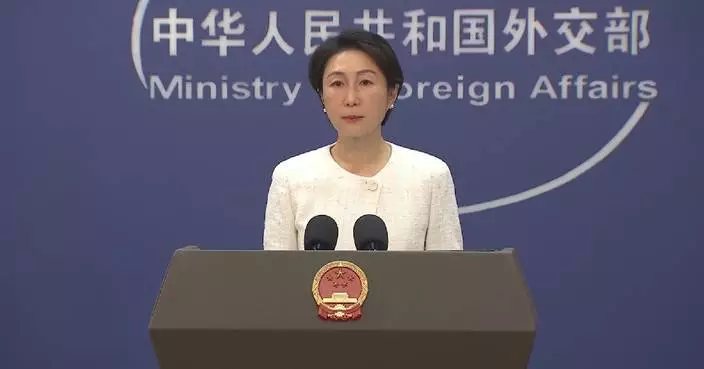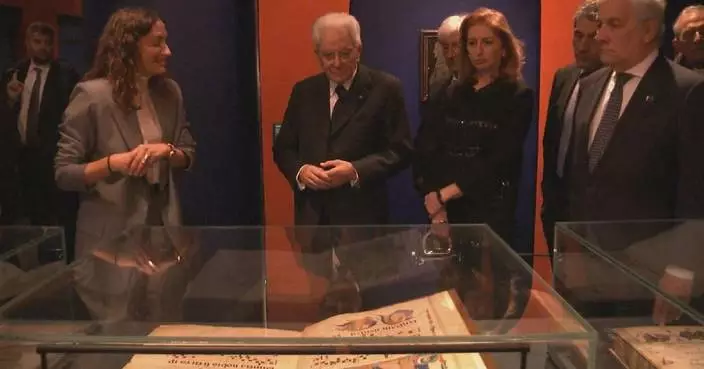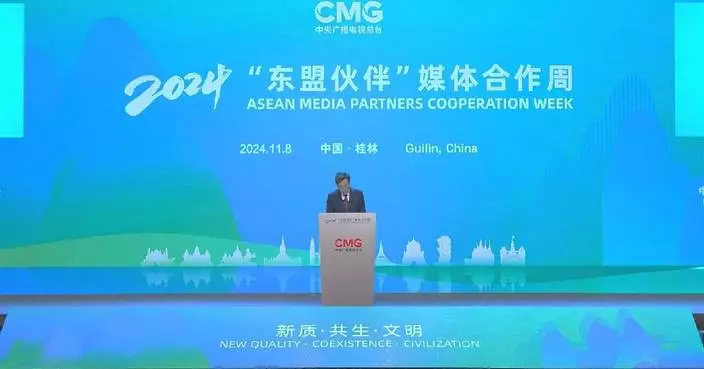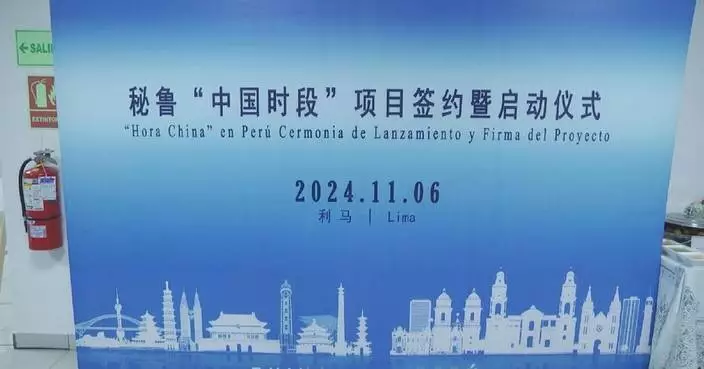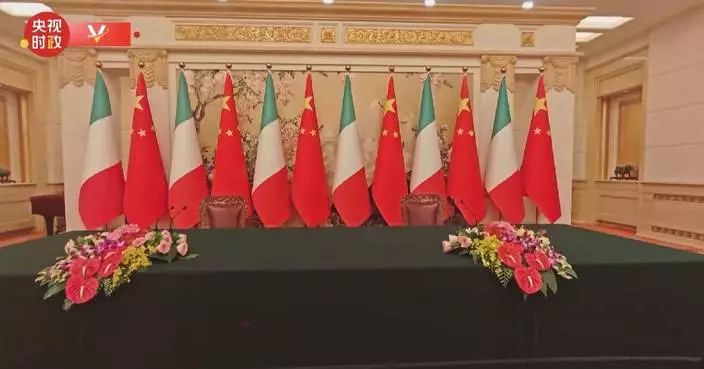It has been almost a decade since Chinese steel maker HBIS took over Smederevo Steel Plant in Serbia, with the Serbian steel plant, once on the brink of collapse, now turning losses into gains.
Along the banks of the Danube River, 40 kilometers east of the Serbian capital Belgrade, the Smederevo Steel Plant, built in 1913, was Serbia's national pride and once contributed 40 percent of the government’s revenue.
But due to rising competition and operational problems, the century-old plant was on the edge of collapse. Rounds of international bidding to save the steel plant ended in failure and approximately 5000 workers at the plant saw a dark future with the town where the plant is located facing disaster.
In the spring of 2016, one of China's largest steel makers, the HBIS Group, based in northern China's Hebei Province, acquired the Smederevo Steel Plant for almost 50 million U.S. dollars. Now rebranded as HBIS-Serbia, expertise and technology from China have been imported to bring this icon of Serbian industry back from the grave.
Gao Feng, who now oversees HBIS' exporting department, spent five years in Serbia during the initial days of HBIS-Serbia.
"To be honest, the steel plant had been losing money for seven consecutive years and underwent several management changes. But no one was able to bring the plant out of its predicament. Why could the Chinese do so?” Gao Feng asks.
Gao said that it was not an easy task for HBIS in the early days, especially in establishing trust among the local workforce.
Chinese President Xi Jinping's visit to the steel plant in June 2016, only two months after the acquisition, paved the road for the success of HBIS-Serbia. The Chinese president not only paid a visit to the steel plant, but also sat down with the local workers.
"At our most difficult time, President Xi visited HBIS-Serbia, which gave us great encouragement. At the same time, he also made the 5,000 employees realize how much importance the Chinese people give to this steel mill," Gao said.
It took HBIS-Serbia only half a year to turn losses into gains. The trick lay in the global supply chain HBIS brought to the Serbian steel plant.
It has been eight years since the acquisition, and things continue to improve with HBIS-Serbia now standing as a testimony to the friendship between China and Serbia.
More investments have been made to improve infrastructure, sustainability and workers' welfare over the past eight years with HBIS-Serbia earning over 6.5 billion dollars since its establishment.
"Very soon we saw that we are different. We are different that we have a different mentality, different experience, different knowledge, different mindset. But also we found that's very good. And we put that our difference working together in benefit of this plant. Very quickly, we make high-performing team and created some kinds of synergy and start to work together to make a benefit for this plant very quickly. After two years, we made the best production cast slabs in this plant in history," said Vladan Mihalovic, chief operating officer at HBIS Serbia
The hope spread from a 'token' that was gifted to President Xi when he visited HBIS-Serbia in 2016. Made by Zlatan Bankvic, the token shows the silhouette of the century-old steel plant.
"At first, I was scared. It was an honor and a privilege to make that for the president of China. I then practiced a little bit. I did it right and everyone was satisfied. I felt much excitement knowing that my work would end up in the hands of the president of China. I felt really elated. It meant a lot to me," said Zlatan Bankvic, a tool mechanic.
The token is not just another piece of metal. It is a symbol of China-Serbia ties -- from Smederevo all the way back to north China's Hebei.
HBIS-Serbia is a core project under the Belt and Road Initiative (BRI). As President Xi has reiterated, BRI is all about creating a better future for humanity through joint efforts. Development is not just about money and numbers, it is also about the experiences and the hope that such initiatives bring to people.

China, Serbia work together to rejuvenate century-old steel plant



